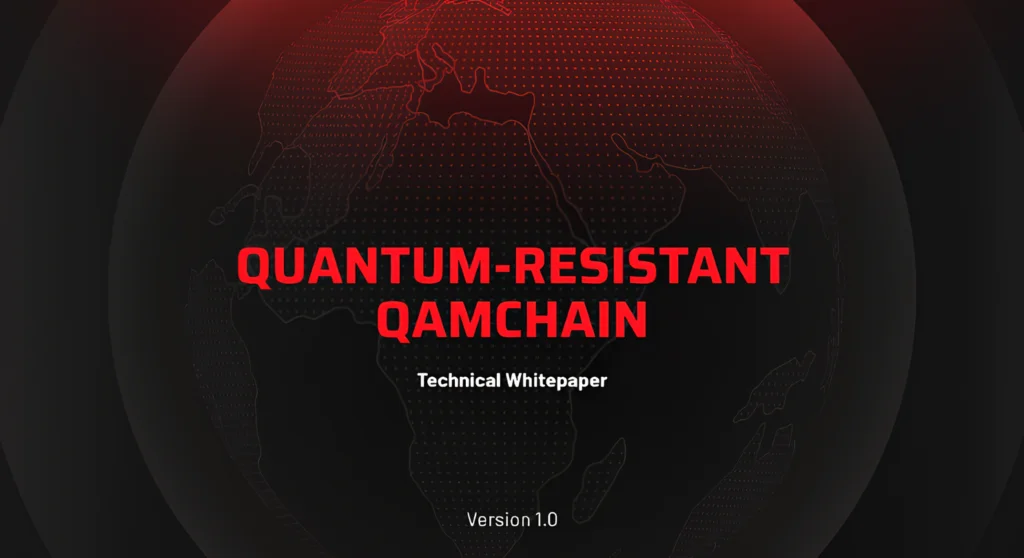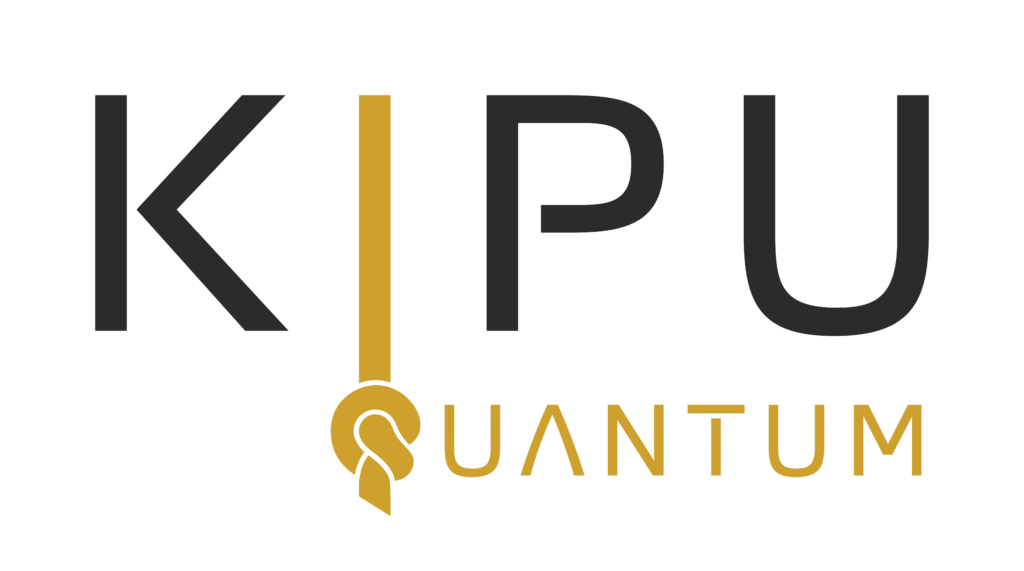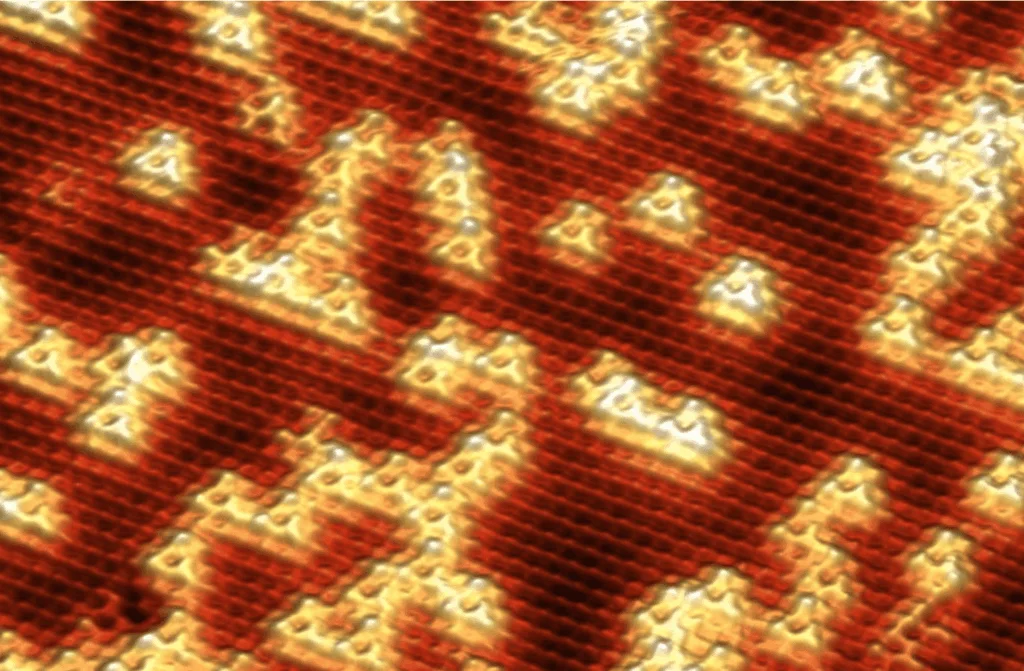Insider Brief
- Mitsui & Co., Quantinuum, and QSimulate have launched QIDO, a hybrid quantum-classical chemistry platform aimed at accelerating the discovery of new materials and pharmaceuticals.
- The system integrates QSimulate’s QSP Reaction software with Quantinuum’s InQuanto platform to enable high-precision chemical simulations, while Mitsui plans to market it first to Japanese chemical manufacturers before expanding globally.
- Beta testing with companies including JSR, Panasonic and Chugai Pharmaceutical showed improved usability and efficiency, though technical challenges remain for complex molecular calculations.
Mitsui & Co. has formally launched a new quantum-enabled chemistry platform, QIDO, in collaboration with U.S.-based Quantinuum and QSimulate. The system, designed to accelerate the discovery of new materials and pharmaceuticals, blends classical and quantum computing resources to streamline complex chemical calculation, according to a story in Nikkei and a Quantinuum blog post.
Quantum computers hold promise for modeling chemical reactions beyond the reach of traditional supercomputers. But fully fault-tolerant systems remain years away, leaving companies searching for ways to extract value from today’s noisy, early-stage machines. QIDO, short for Quantum-Integrated Discovery Orchestrator, attempts to bridge that gap.
The platform runs most computations on powerful classical hardware while sending only the most computationally expensive steps — such as the modeling of strongly correlated electrons — to a quantum computer. This hybrid workflow allows companies to perform higher-precision chemical simulations today, without waiting for fully mature quantum systems, Nikkei reports.

”There are hopes that quantum computers will make significant progress in material development, but there are still some areas that are technically incomplete,” Makoto Koshida, director of Mitsui & Co.’s Quantum Innovation Office, said at a press conference, Nikkei reports.”We were conscious of providing services that could meet current industrial needs.”
According to the companies, QIDO combines two established software tools: QSimulate’s QSP Reaction, which can calculate systems involving thousands of atoms with quantum-level accuracy, and Quantinuum’s InQuanto, which interfaces with both emulators and Quantinuum’s H-Series ion-trap quantum hardware, according to the Quantinuum team.
The integration enables reaction pathway analysis, transition-state mapping, and quantum embedding techniques that reduce computational cost while maintaining accuracy. InQuanto, they claim, provides up to ten times higher accuracy in simulating complex molecules compared to open-source packages.
Commercial Impact and Use Cases
Mitsui, which is an investor in Quantinuum since forming an alliance in 2022, plans to market QIDO to chemical manufacturers first in Japan, before expanding to overseas customers, Nikkei reports. The company said QIDO was consciously designed to meet present industrial needs while also positioning customers for future advances in quantum computing.
Potential applications range from catalyst and enzyme design — improving clean energy and manufacturing efficiency — to reaction mechanism analysis, battery materials optimization, and carbon capture and hydrogen production, according to the Quantinuum blog post. Pharmaceutical companies could use the system to explore reaction pathways and evaluate candidate molecules more efficiently.
Rajeeb Hazra, CEO of Quantinuum, framed QIDO as a way to transform the economics of discovery across key industries.
“Adding the benefits of chemical accuracy and computational efficiency of quantum-native simulations in applications of chemistry is a key step forward in revolutionizing the economics of discovery in several significant end markets, such as pharmaceuticals and energy,” said Hazra. “Quantinuum is proud to offer the industry’s highest-performing quantum computers and widely used quantum chemistry software to enable this progress.”
Chugai Pharmaceutical emphasized both the usability of the platform and the remaining challenges of applying it to highly complex molecular calculations in drug discovery.
“This application offers an intuitive interface that combines user-friendly operability with clear, instantly interpretable result visualization — making reaction pathway exploration easier and more efficient than ever,” said Akihiko Arakawa, Ph.D., Data Science Group, Digital Solution Dept., Digital Transformation Unit. “At present, we recognize several technical challenges in applying the system to complex molecular calculations encountered in drug discovery and pharmaceutical research. As these challenges are steadily addressed, we expect this application to play a meaningful role in accelerating and optimizing the synthesis and process development of candidate molecules with complex chemical structures — ultimately contributing to innovation in drug discovery and the advancement of pharmaceutical development.”
Before its commercial release, QIDO underwent beta testing with Japanese firms including JSR Corporation, Panasonic Holdings, and Chugai Pharmaceutical. These companies reported improvements in usability, error handling, and visualization when performing reaction simulations, while acknowledging technical challenges in scaling to highly complex molecules, according to the post.
“The platform provided by QSimulate lowers the barriers to computation by simplifying input, automating error handling, and focusing output on necessary information, making it an integral tool in the daily workflows of synthetic organic chemists at JSR,” said Yu-ya Ohnishi, Ph.D., Research Fellow & Deputy Director, R&D Technology & Digital Transformation Center, Materials Informatics Promotion Office. “With this platform now extended to support quantum chemistry calculations on quantum computers via InQuanto, it offers a path to an early quantum advantage.”
A Strategic Play
The launch builds on Mitsui’s multi-year bet on quantum technology. The company invested approximately 7.2 billion yen — about $48 million US — in Quantinuum in 2024 and established a Quantum Innovation Office to coordinate its initiatives. QIDO is positioned as a tool that could allow Mitsui to leverage its chemical industry ties, co-create new materials with customers and expand sales channels globally, Nikkei reports.
For Quantinuum, QIDO underscores its strategy of embedding quantum computing into industrial workflows, while for QSimulate, it represents a pathway to extend quantum chemistry automation to broader use cases.
“Combining best-in-class quantum chemical simulation with deep quantum computing expertise, QIDO gives industrial chemists powerful, intuitive algorithms and tools to tackle complex chemical challenges with speed and accuracy,” said Toru Shiozaki, Ph.D., President & CEO, QSimulate. “We are excited about the marriage between years of innovation in quantum chemistry automation and the future of quantum computation.”
Looking Ahead
The partners plan to expand QIDO’s functionality over time, adding new modules for battery research, drug discovery, and sustainable materials. By lowering the barriers to adopting quantum chemistry, Mitsui and its collaborators aim to demonstrate a practical path to early quantum advantage.
While technical hurdles remain, the initiative suggests that Japanese corporations are looking to position themselves not just as end-users of quantum technology but as co-developers of platforms that could reshape entire industries.
“We take a market-needs-based approach, aiming to bridge the gap between providing practical features that help customers solve today’s challenges and preparing them for the coming quantum era,” Koshida said, according to Quantiuum’s post. “This approach enables customers to maximize its benefits from day one when quantum technology comes into its own.”














